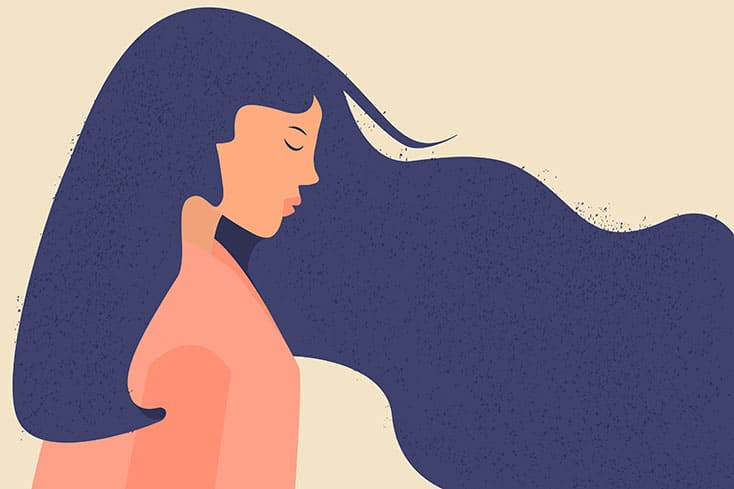
Stereotypes and Seeking Care in a Racialized America
We are more alike than we are different, so why do these stereotypes and assumptions keep getting in the way?
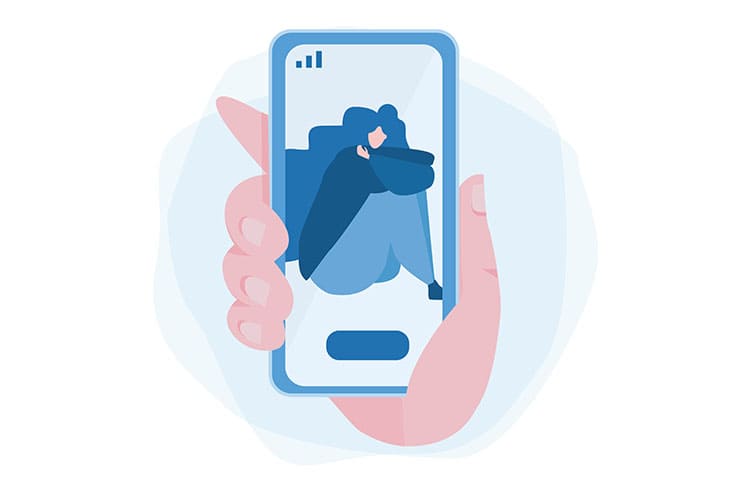
What I Learned While Volunteering for a Trans Suicide Prevention Hotline
Holding space for someone in crisis can be incredibly powerful, even just to give them a minute to regain calm and catch their breath.
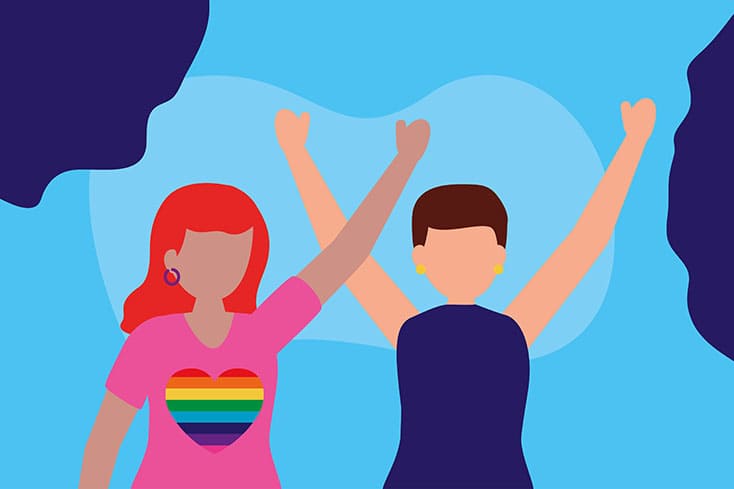
Bettering Mental Health Outcomes for LGBTQ+ Youth
Read More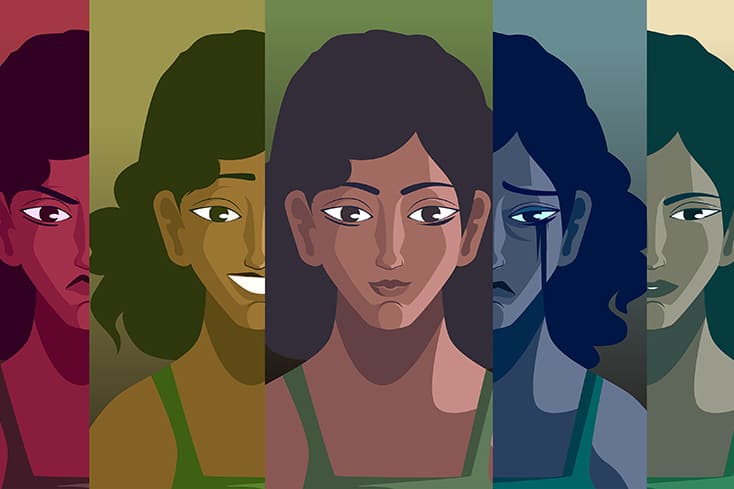
Why We Need Better Representation of Borderline Personality Disorder
Read More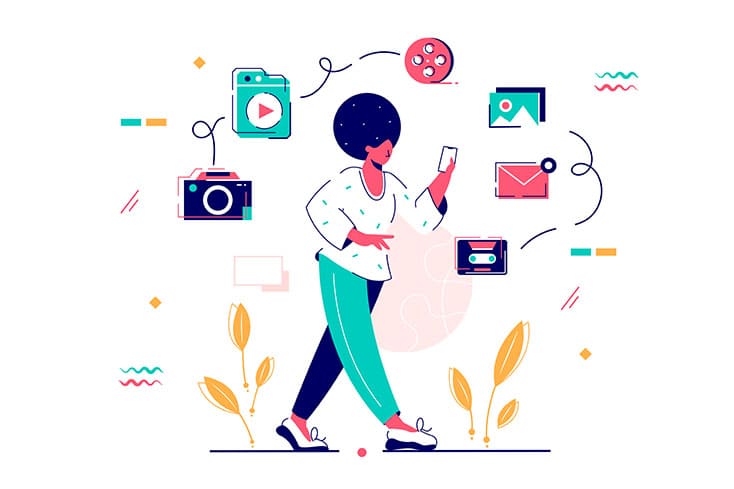
How Social Media Is Changing the Way We Think About Mental Illness
Read More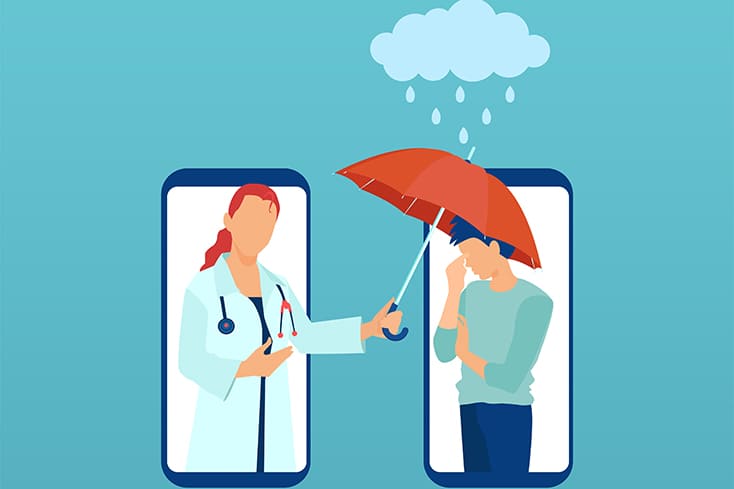
How To Navigate the Overwhelming Volume of Mental Health Apps
Read More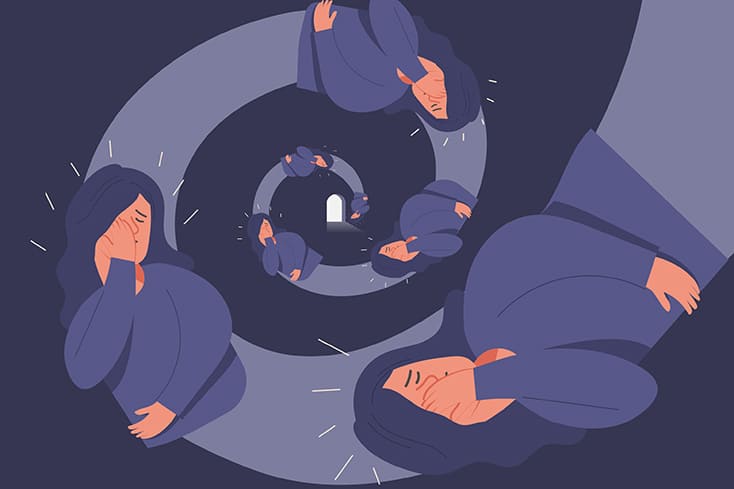
The Not So Pretty Version of Obsessive-Compulsive Disorder
Read More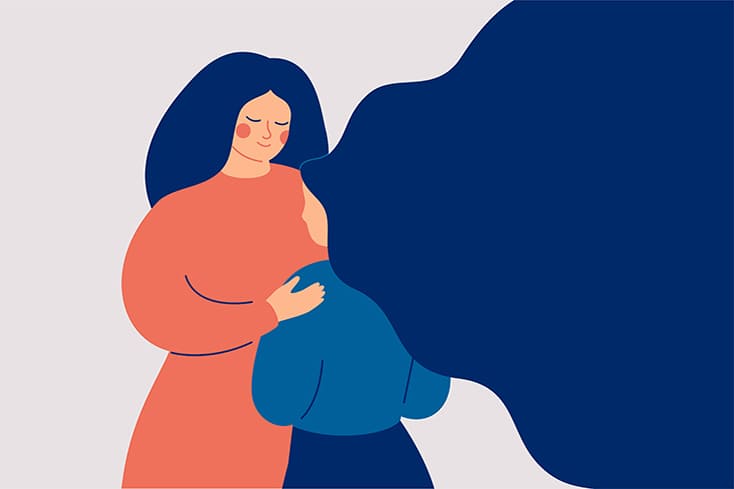
I Thought I Understood My Daughter’s Mental Illness, But I Had No Idea
Read More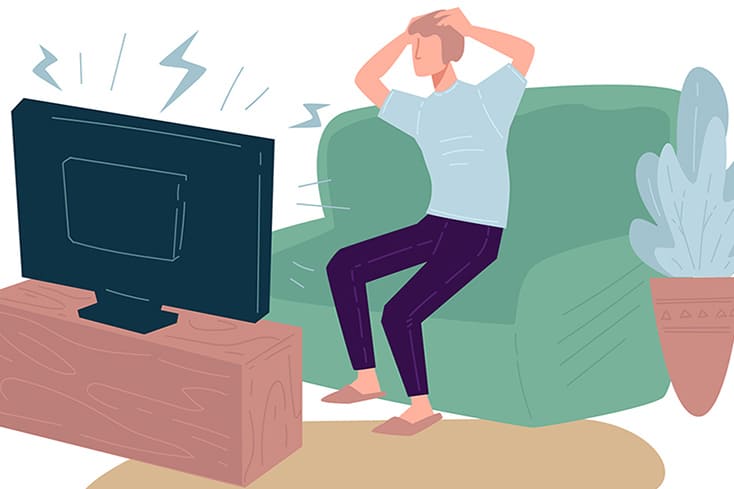
Six Underrated Depictions of PTSD in Movies and TV
Read More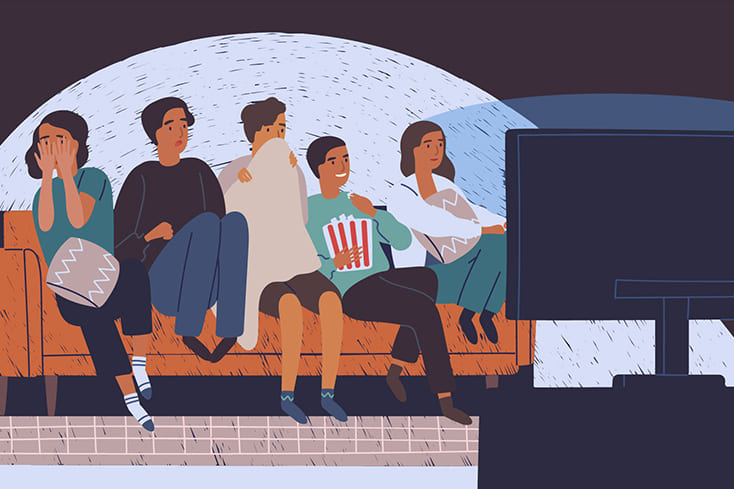
From Villain to Hero: Reimagining the Role of Mental Health in Pop Culture
Read More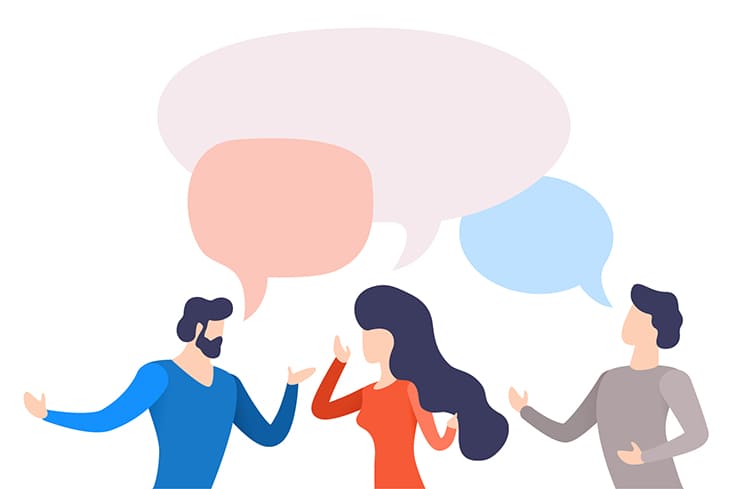
The Stigmatizing Word Hidden in Mental Health Conversations
Read More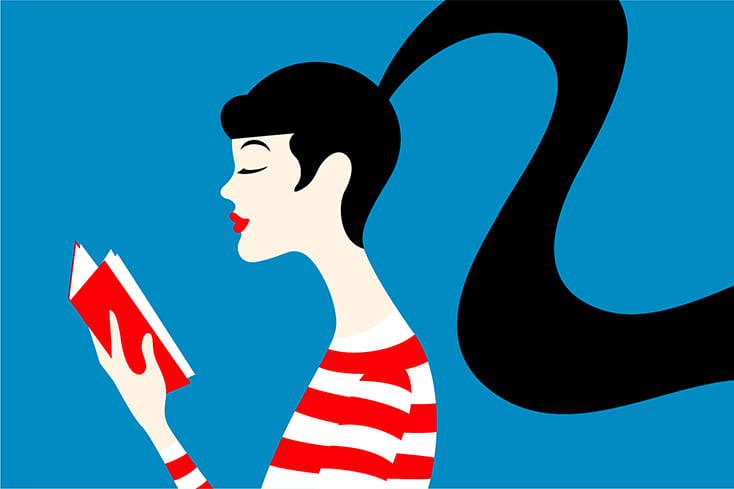
Finding Myself in the Main Character of “Prozac Nation”
Read More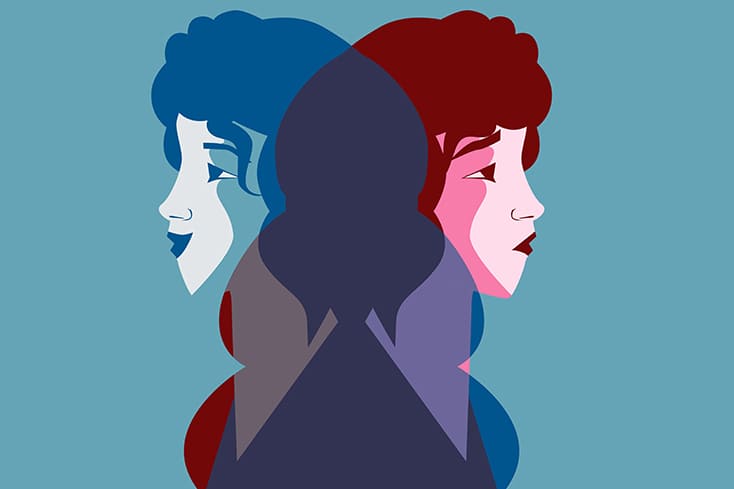
Dissociative Identity Disorder: A Misrepresented Diagnosis
Read More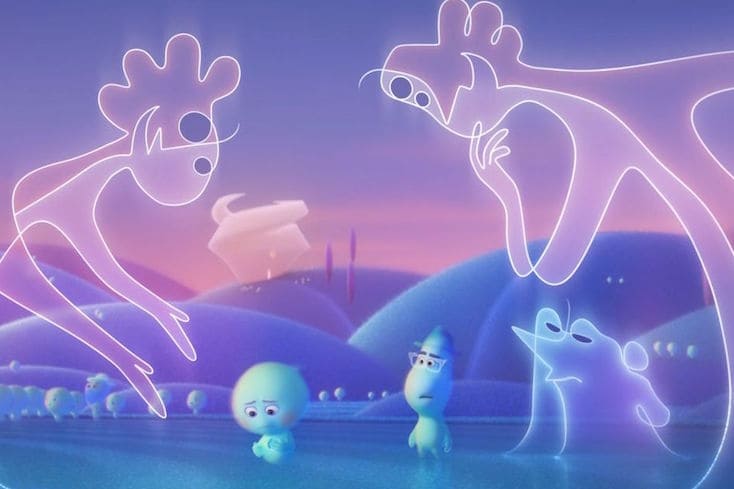
The Missing Piece of Disney’s “Soul”
Read More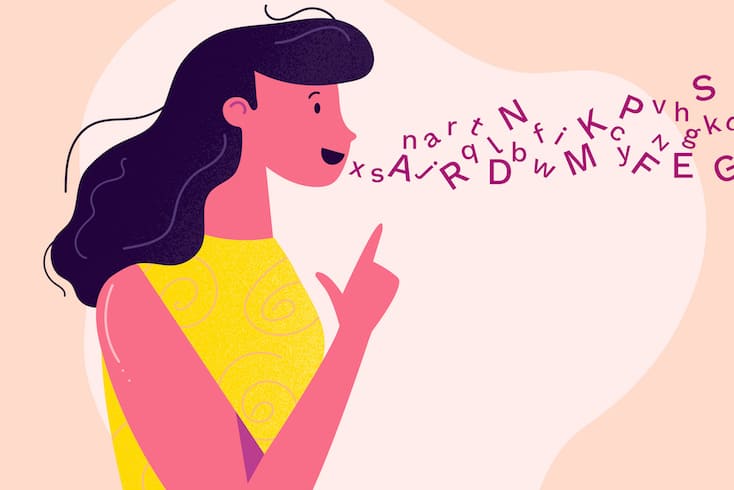
Using Lived Experience to Adapt Mental Health Language
Read More
Learning My Warning Signs Through Each Stage of My Life
Read More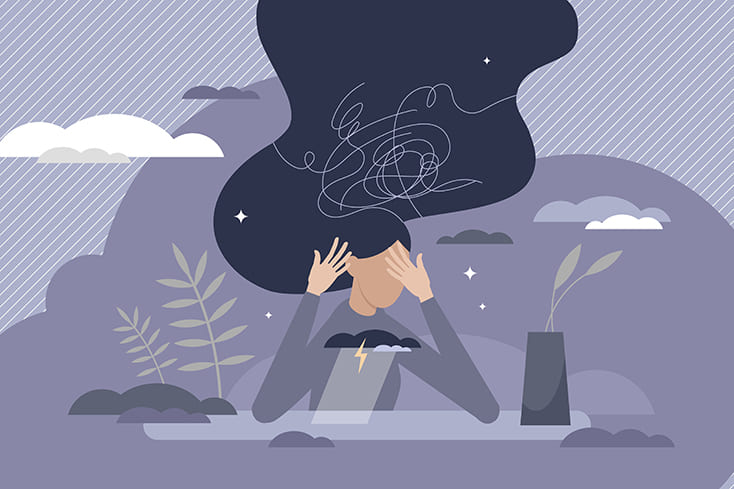
How to Predict Your Next Bipolar Episode
Read More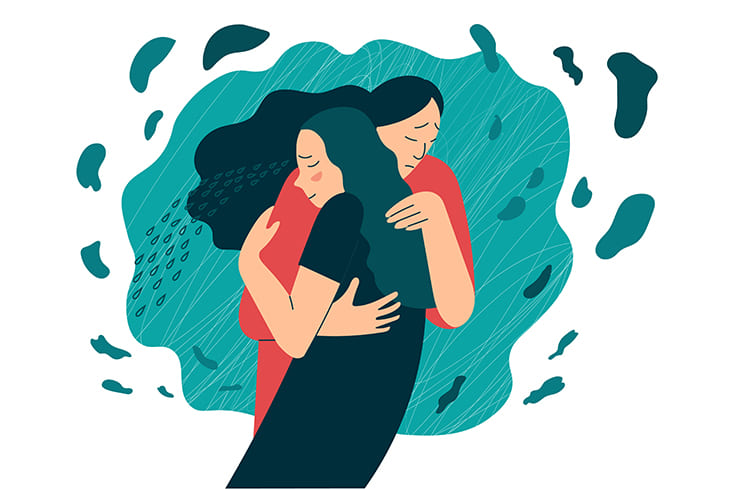
Things I Didn’t Expect When I Became a Parent
Read More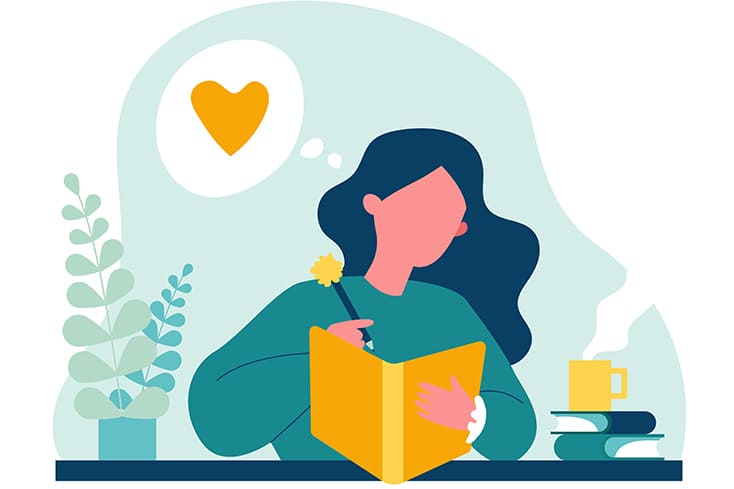
How a School Project Helped Me Face My Trauma
Read More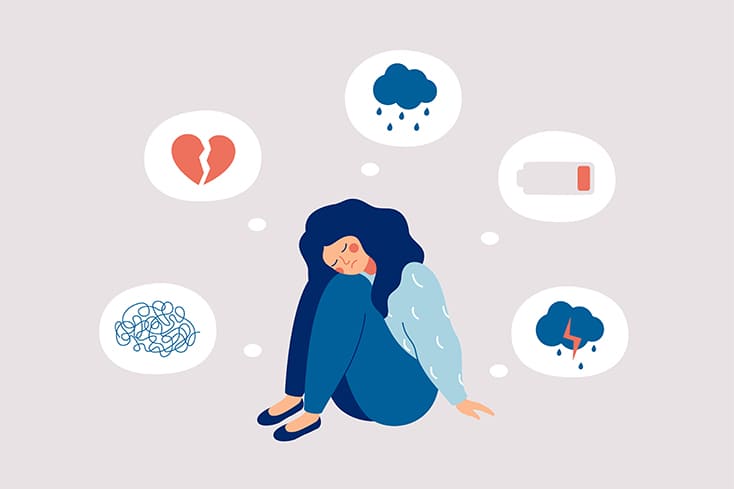
Building an Early Warning Sign System
Read More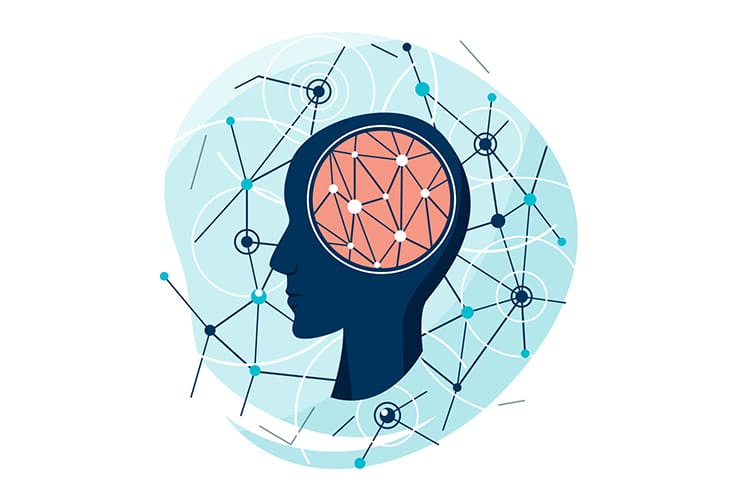
Understanding Schizophrenia
Read More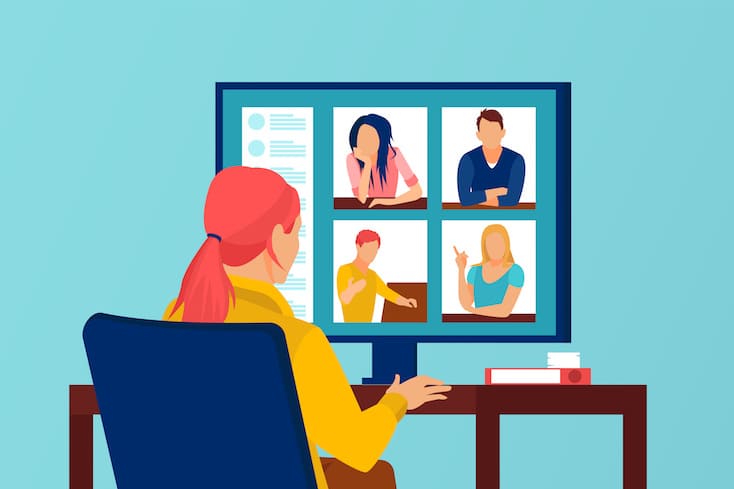
Tips for Running a Peer Support Group Online
Read More